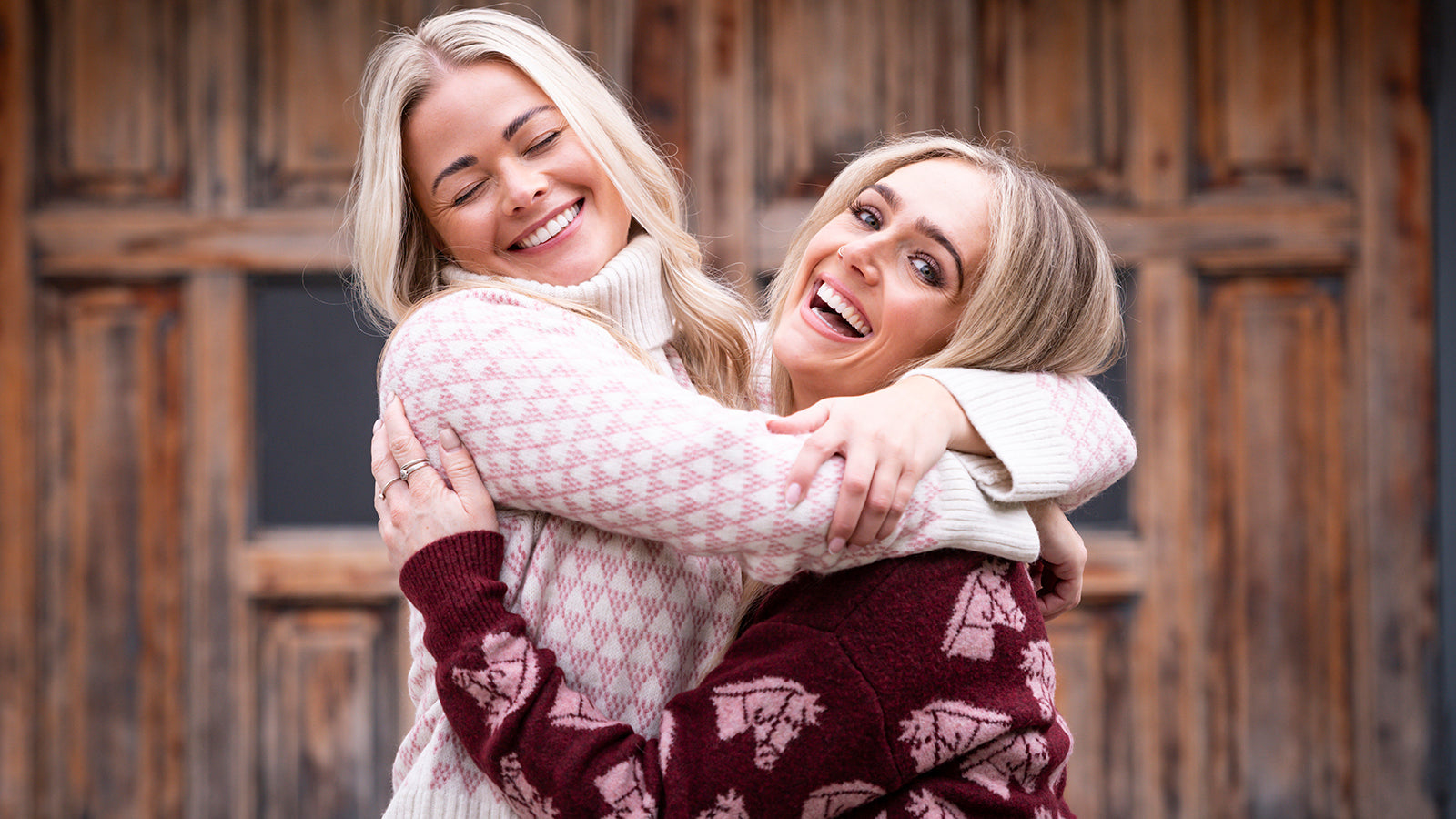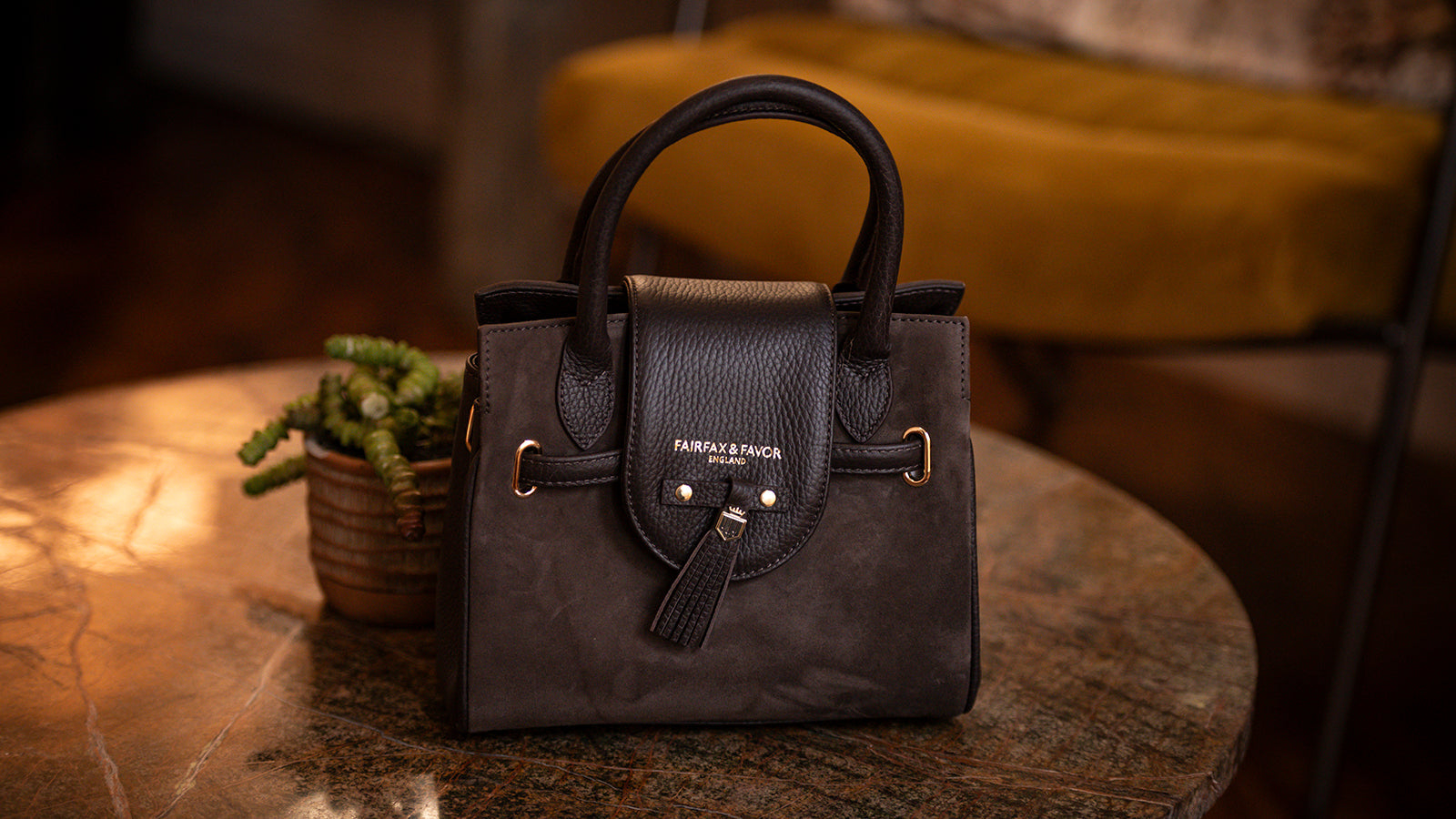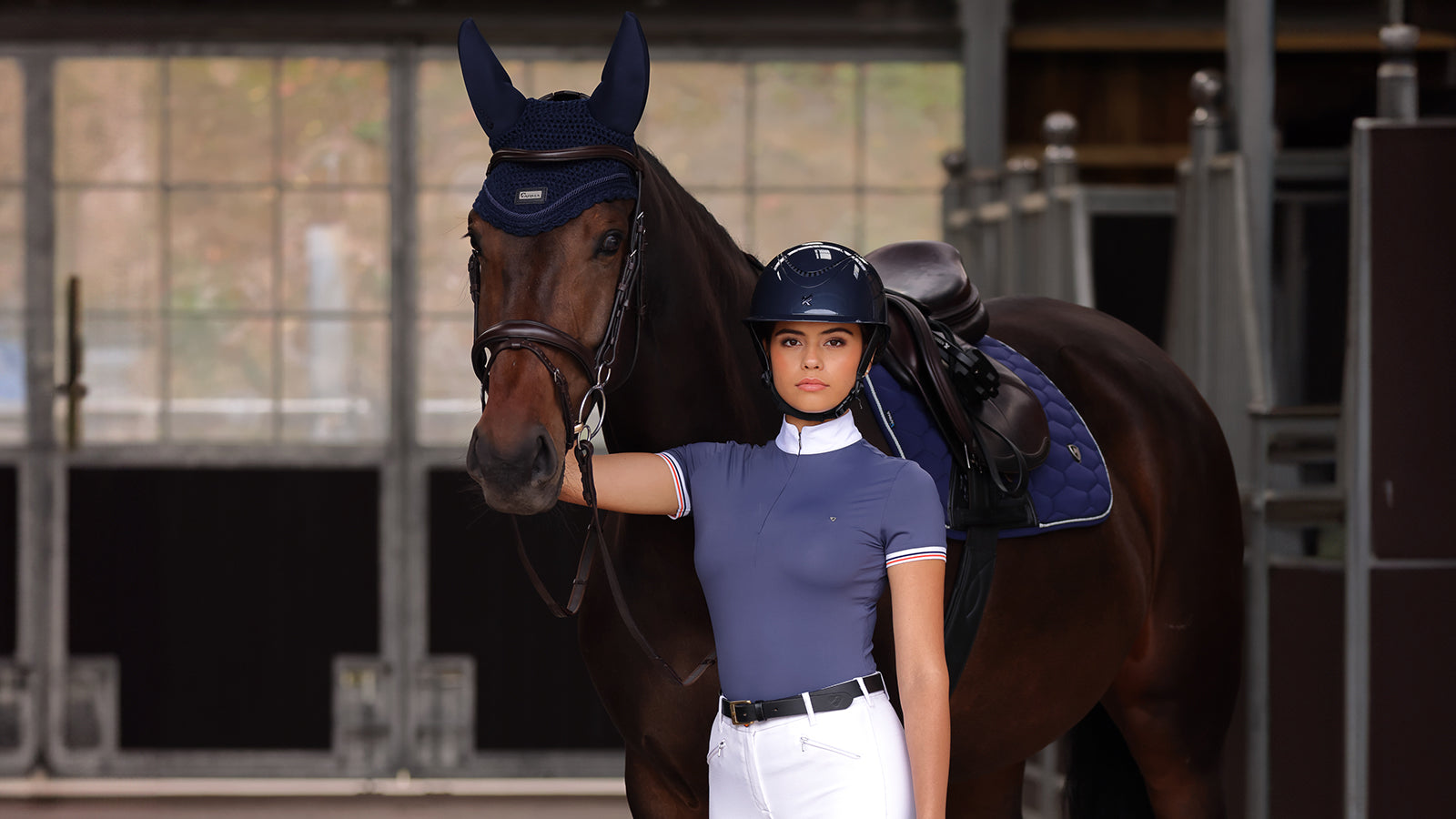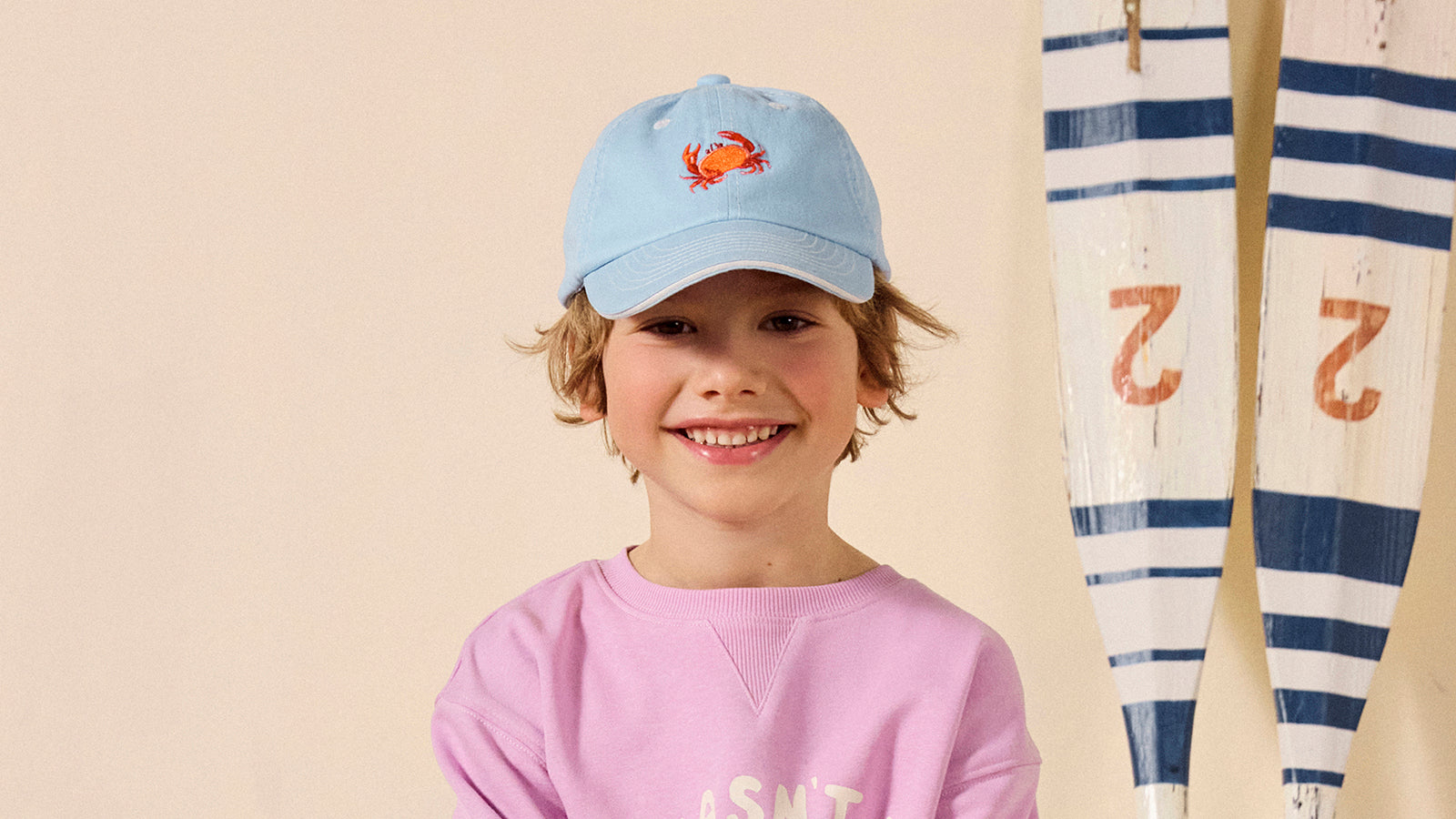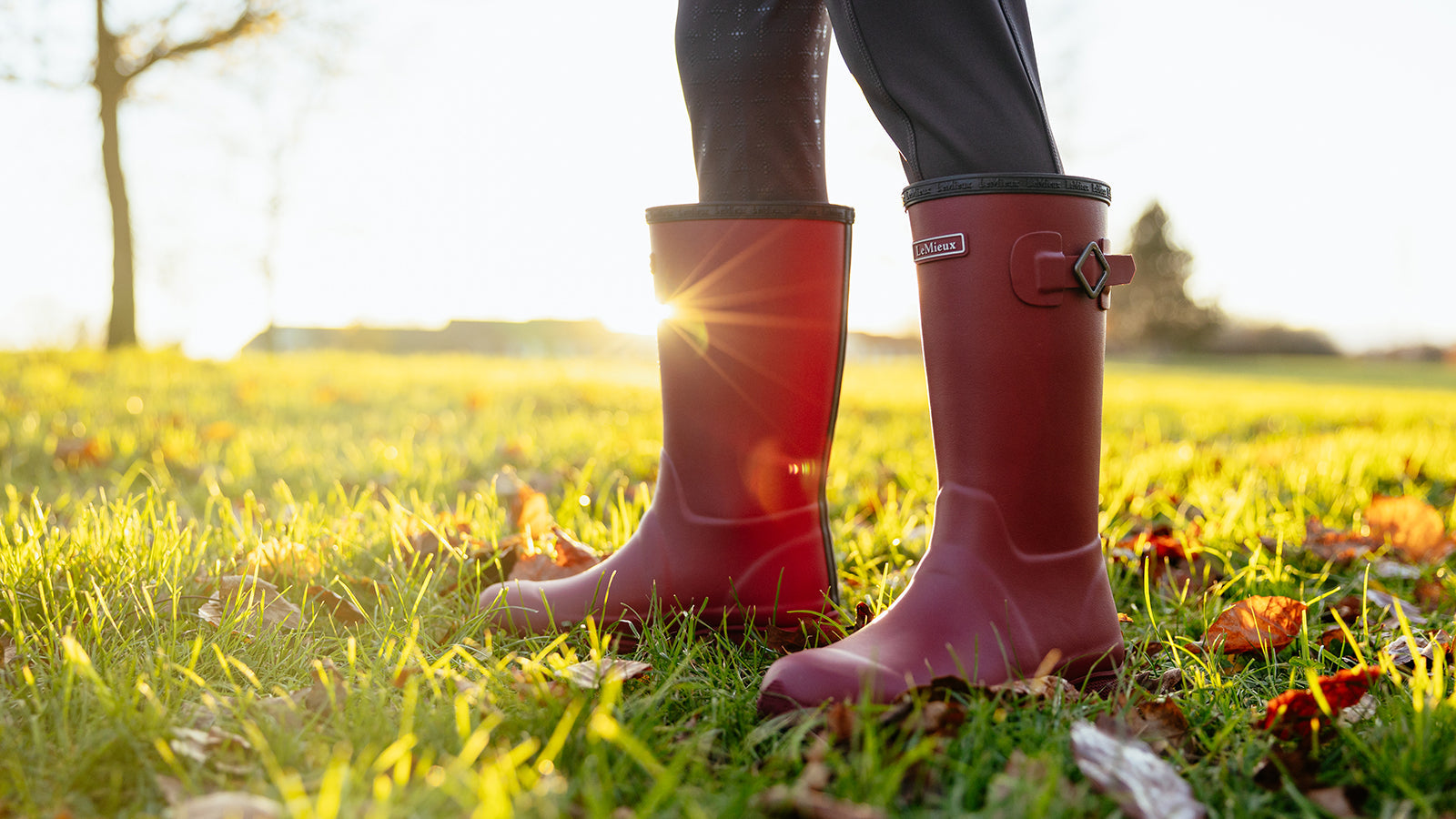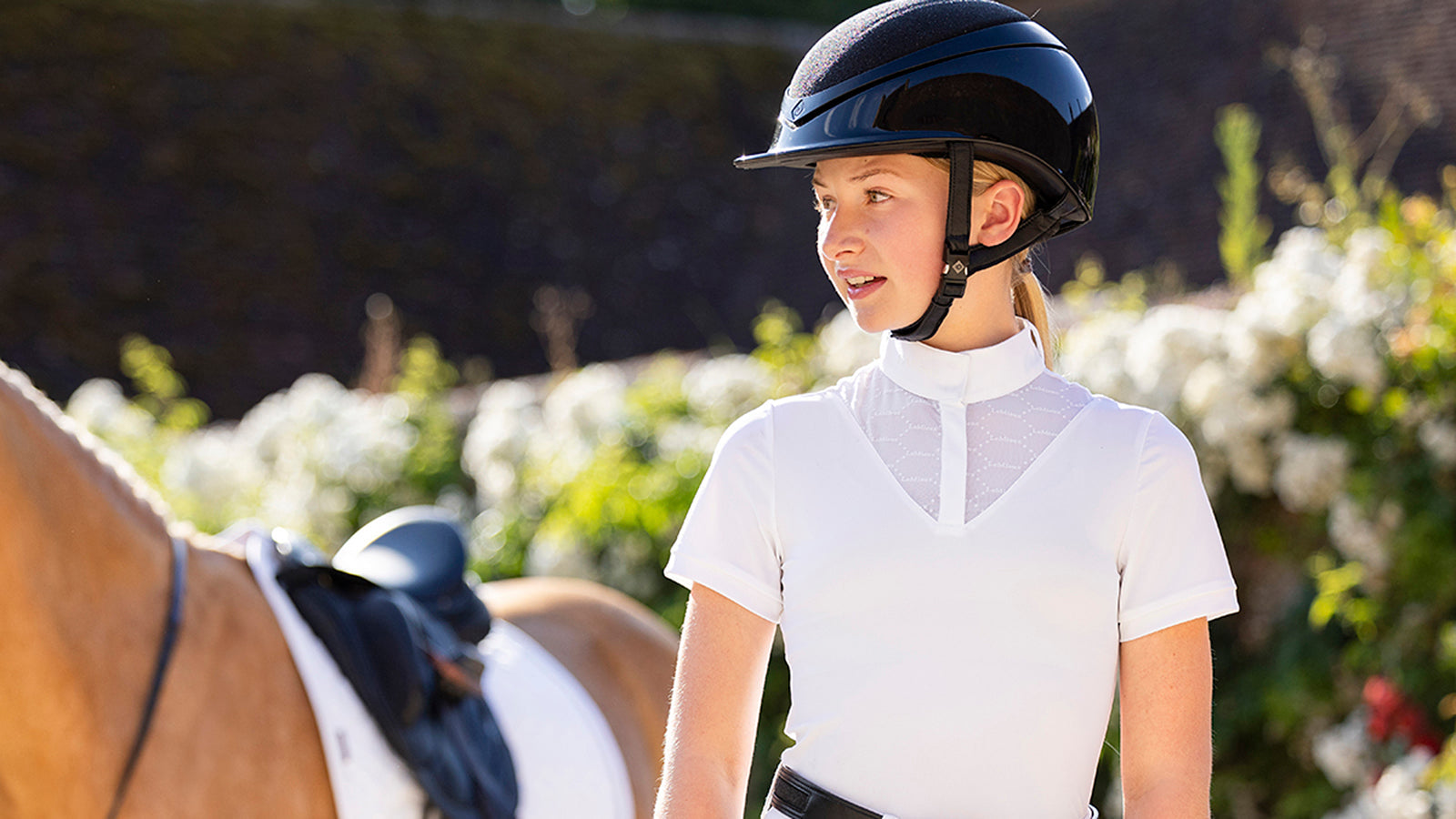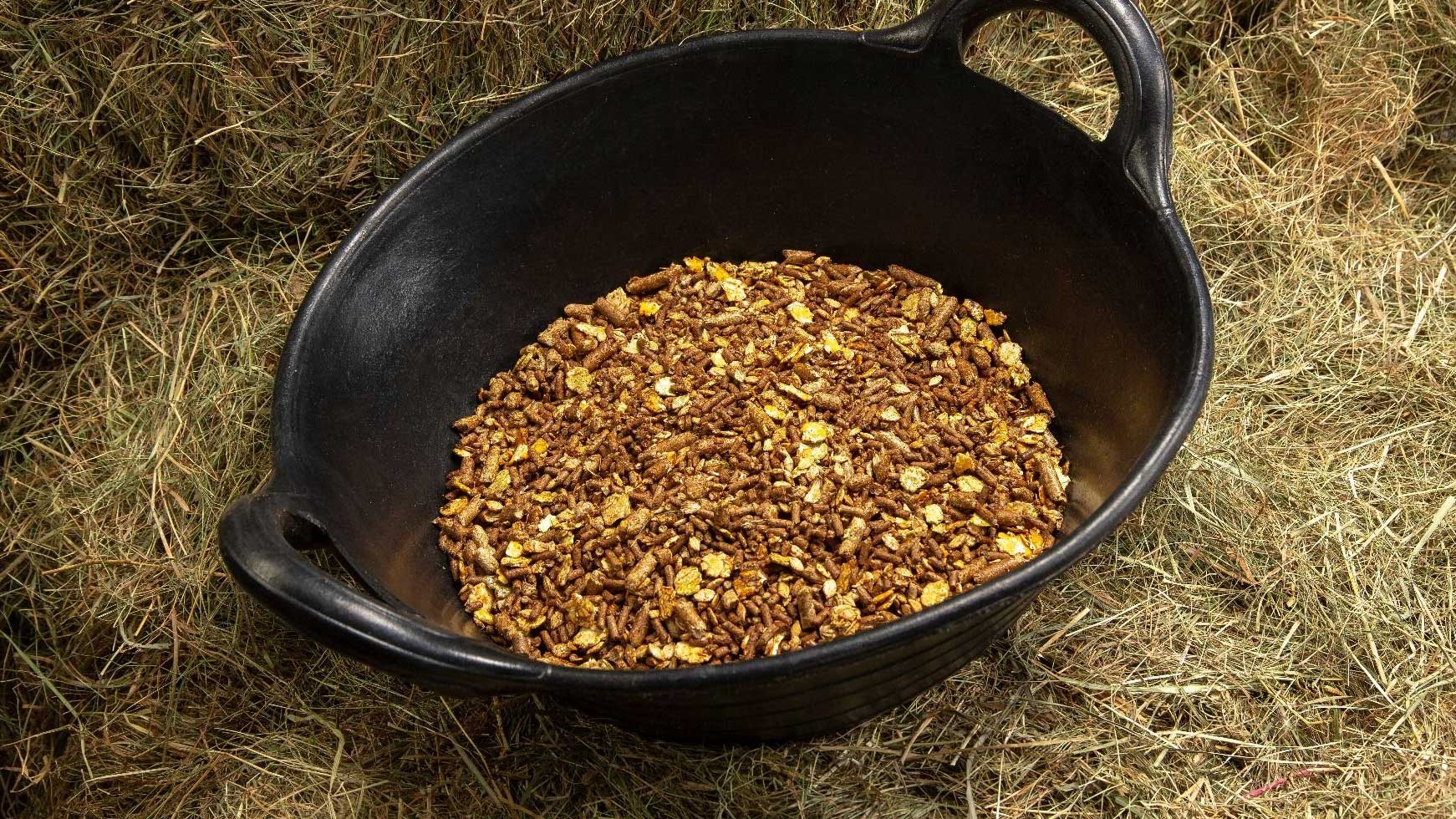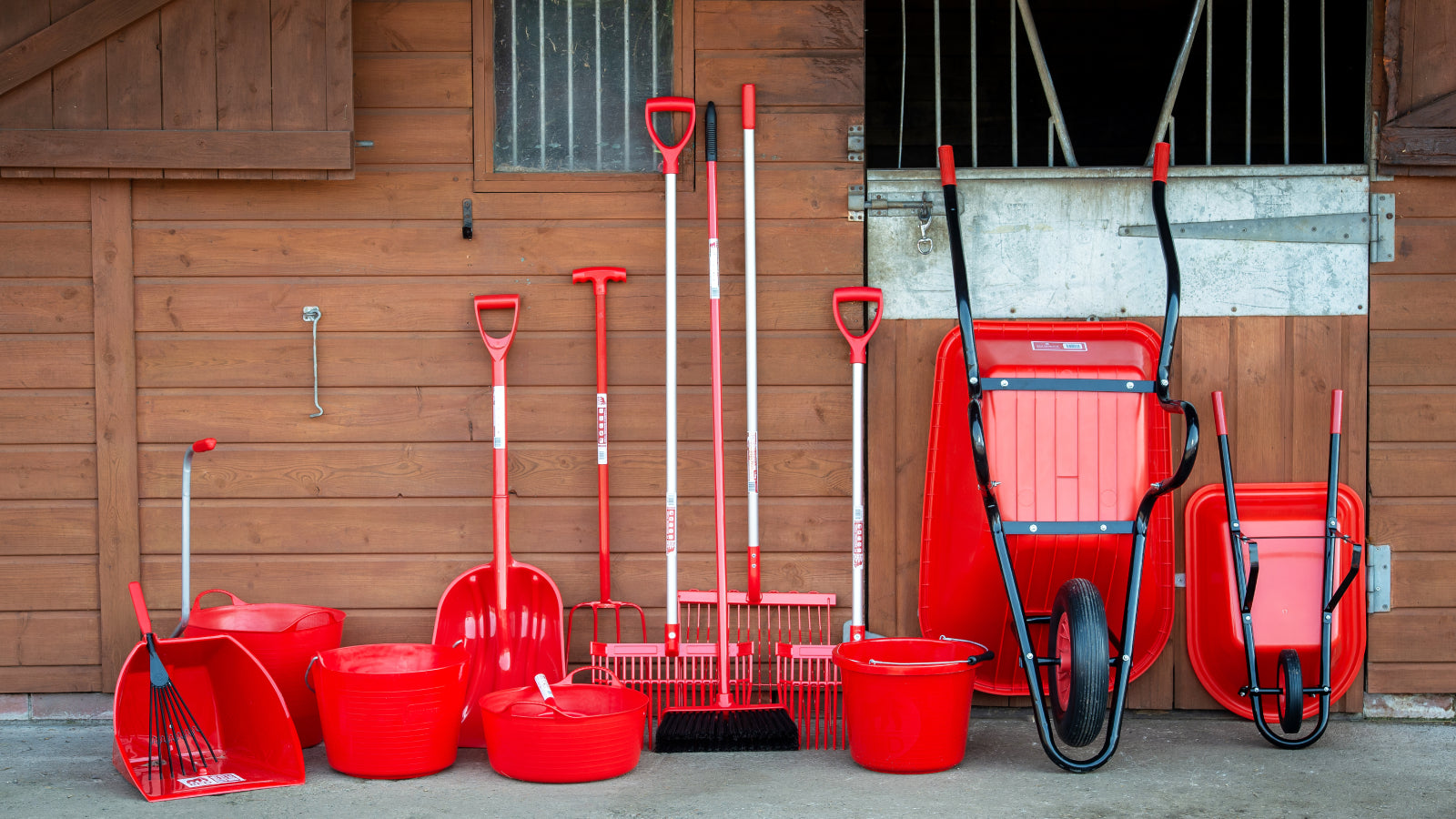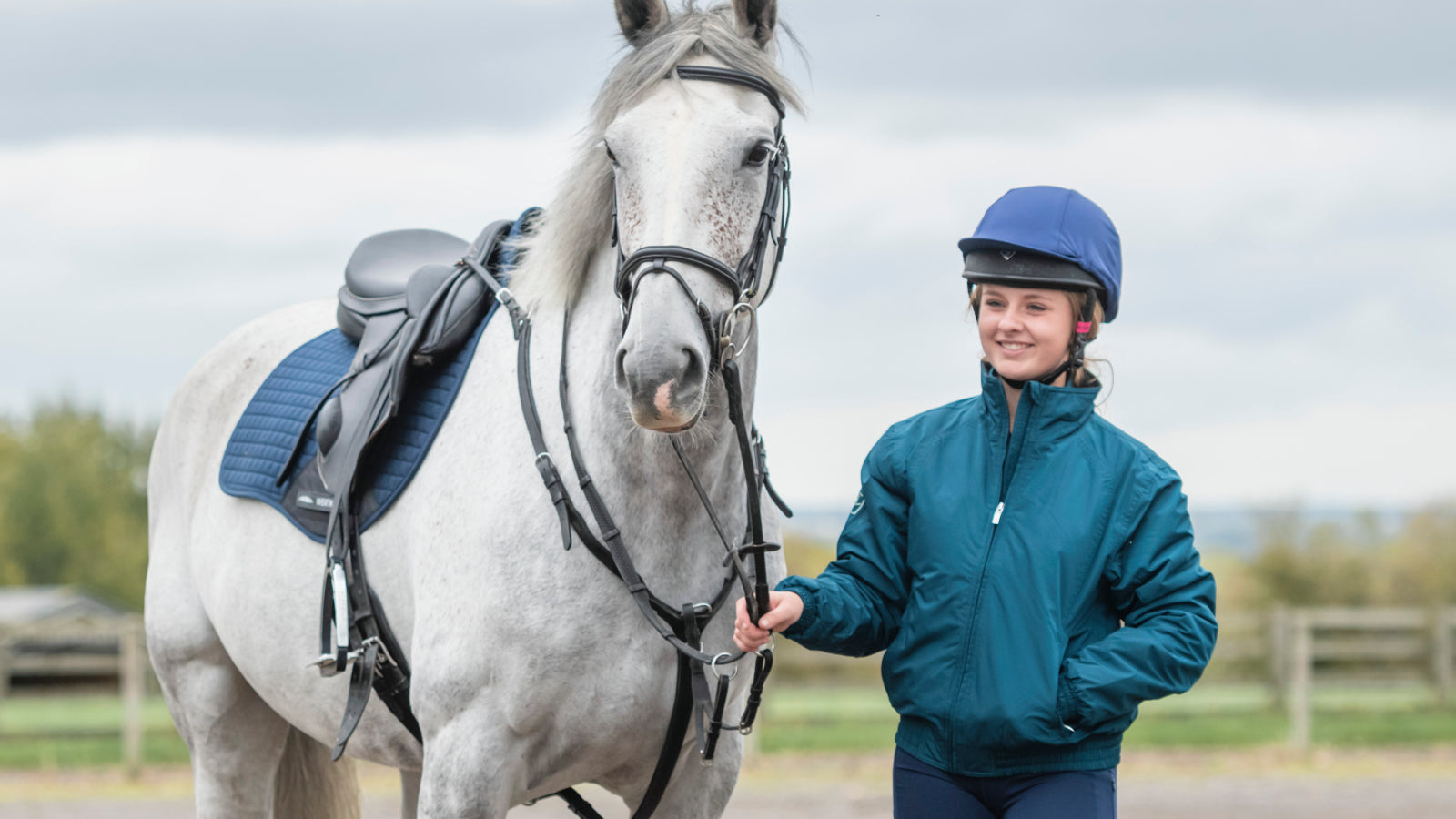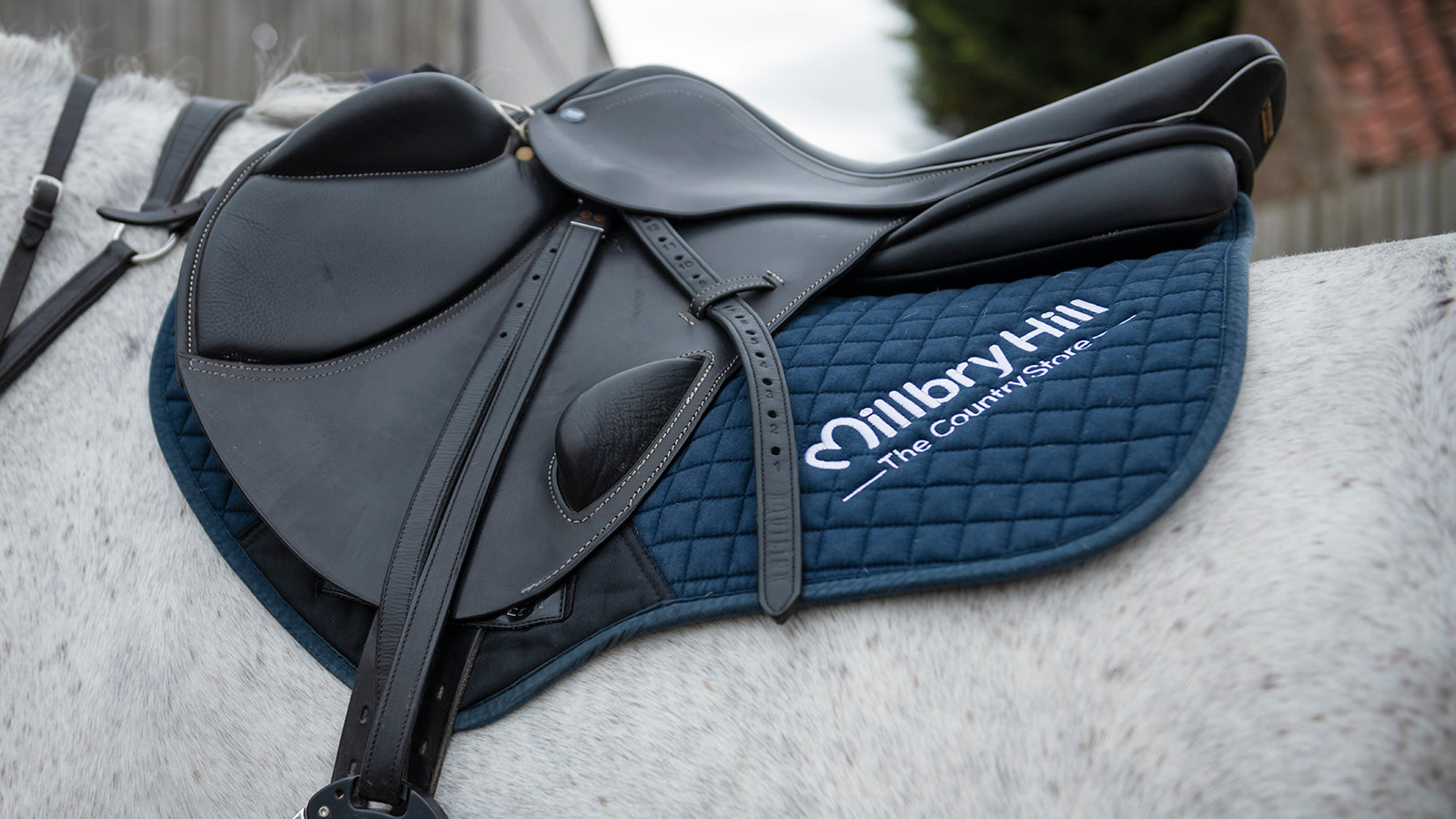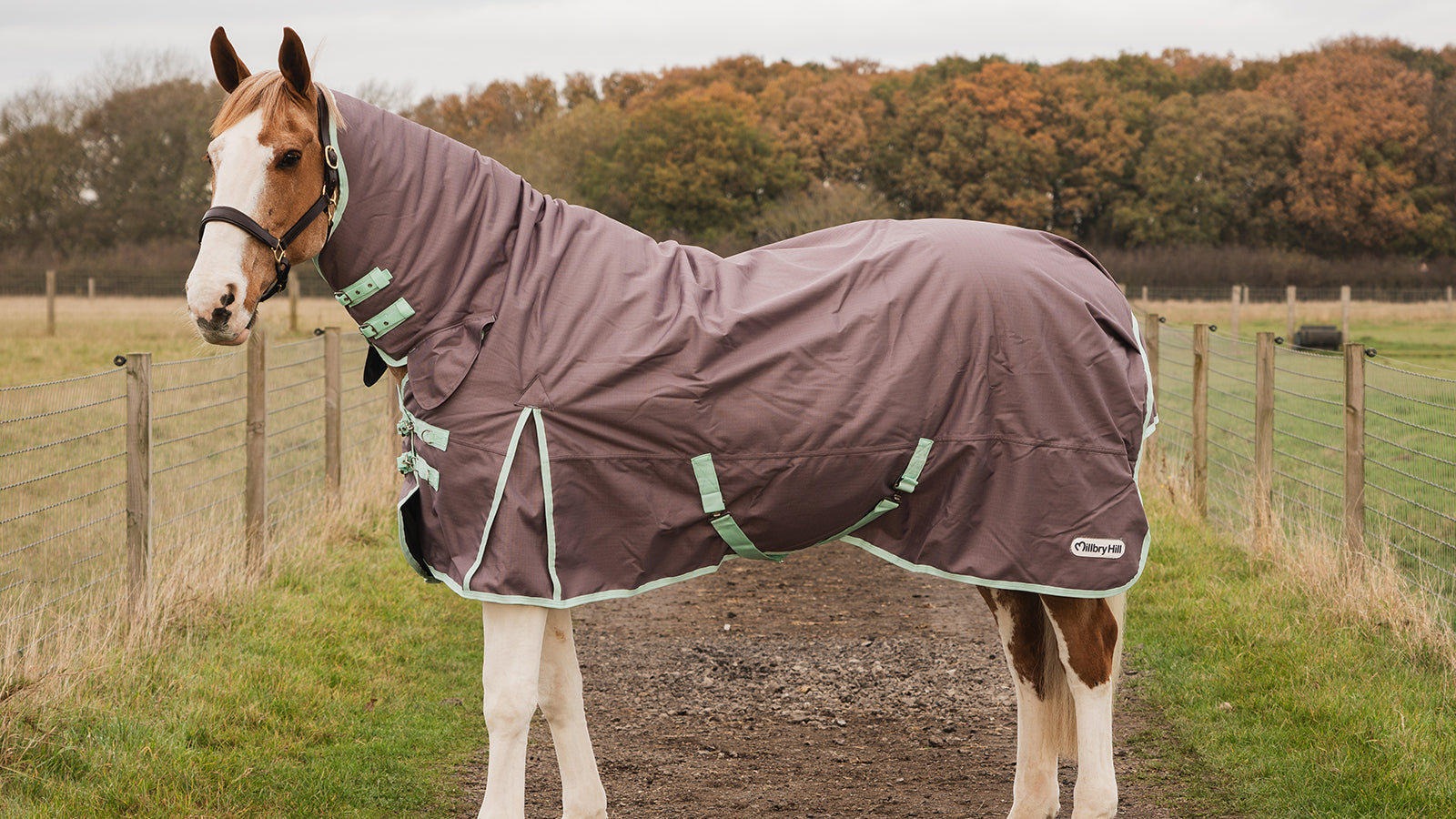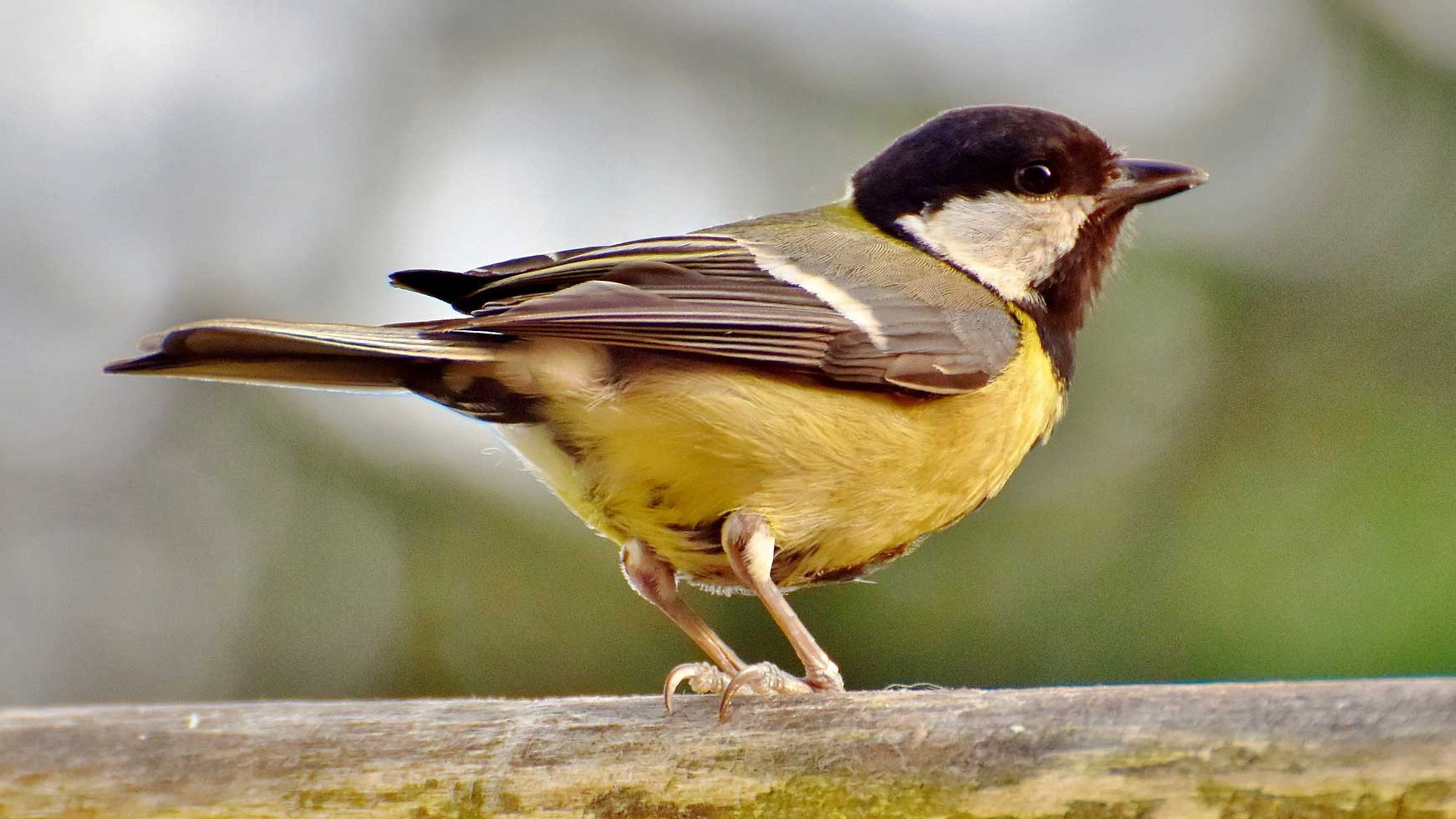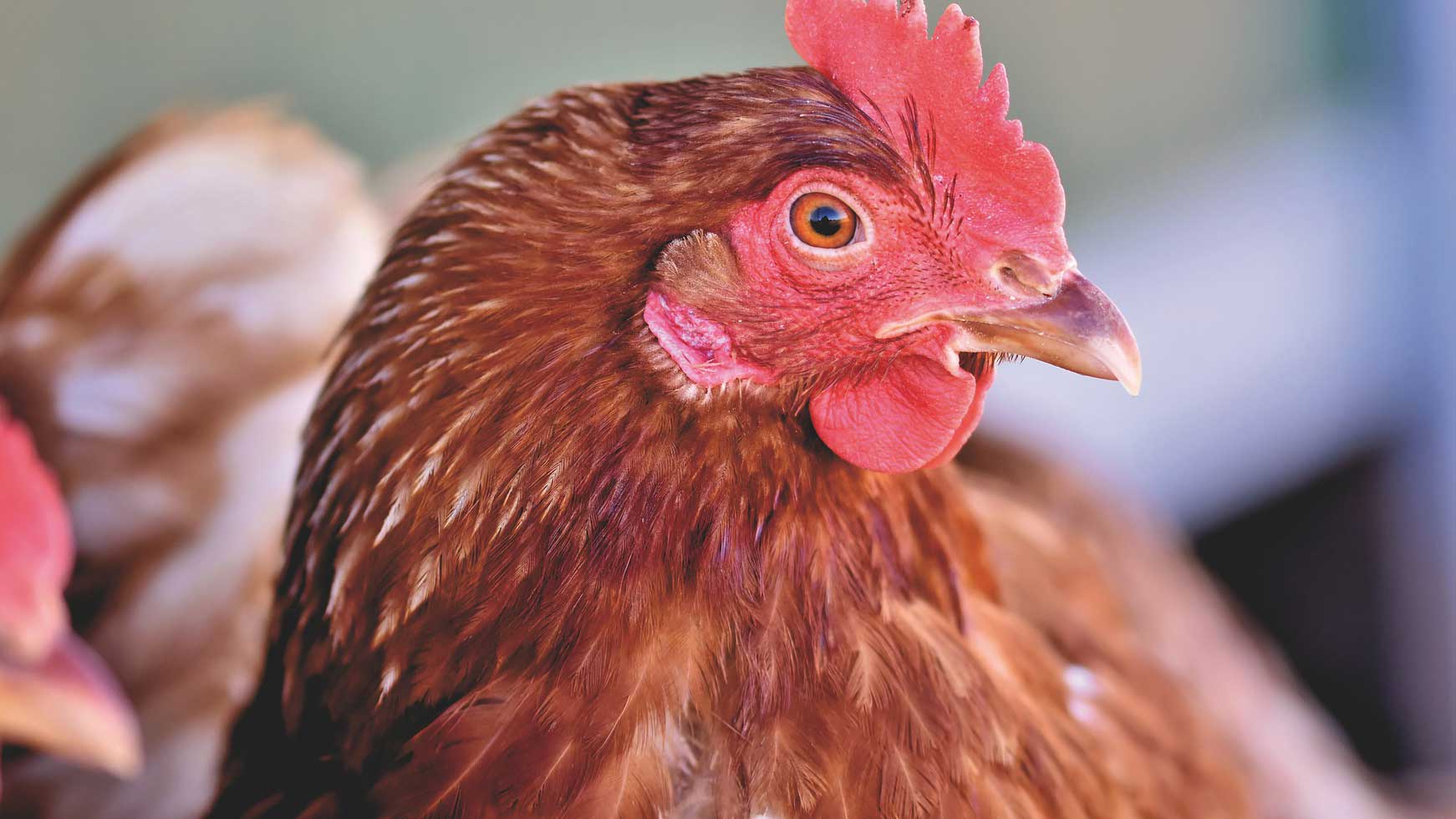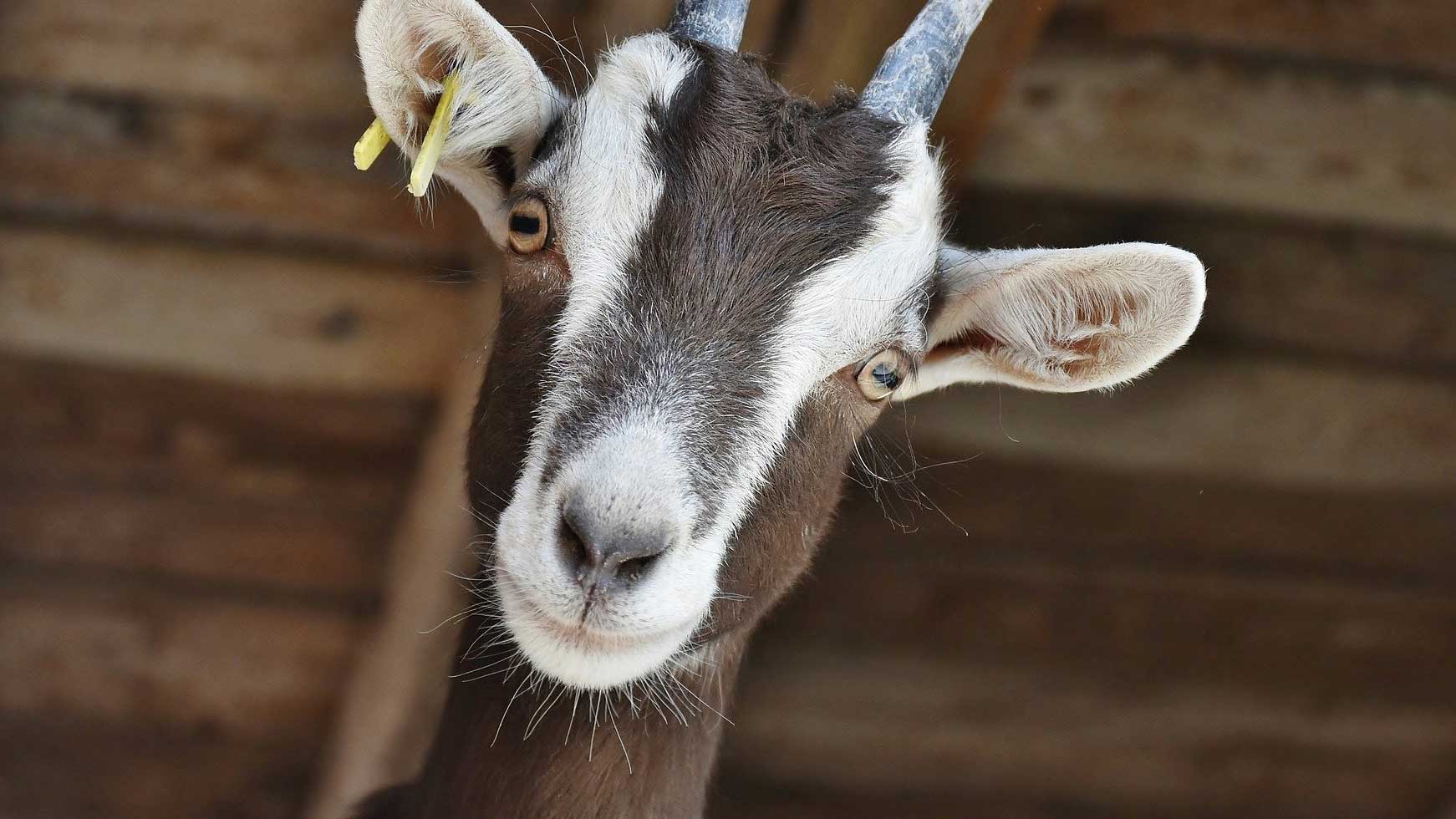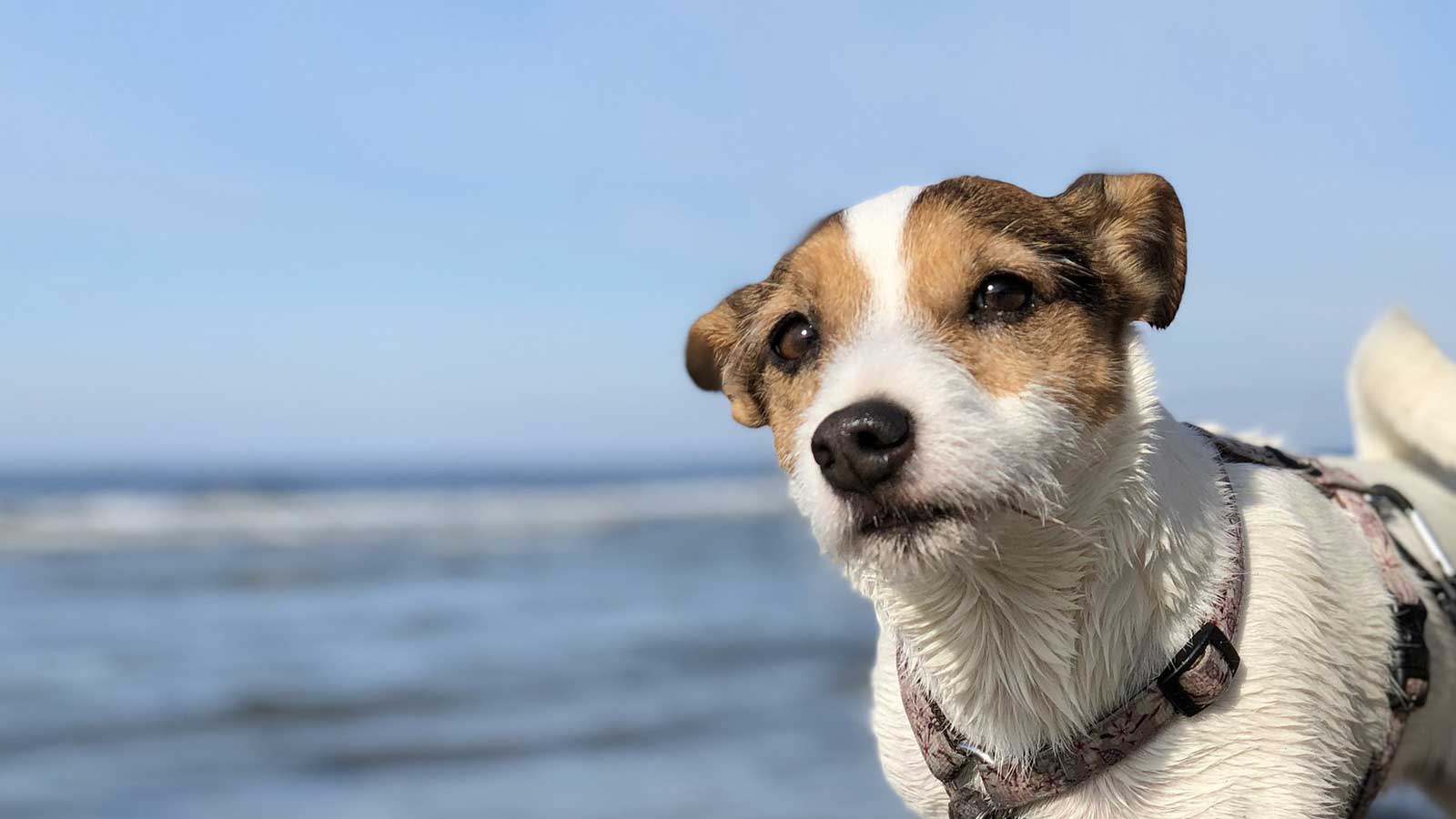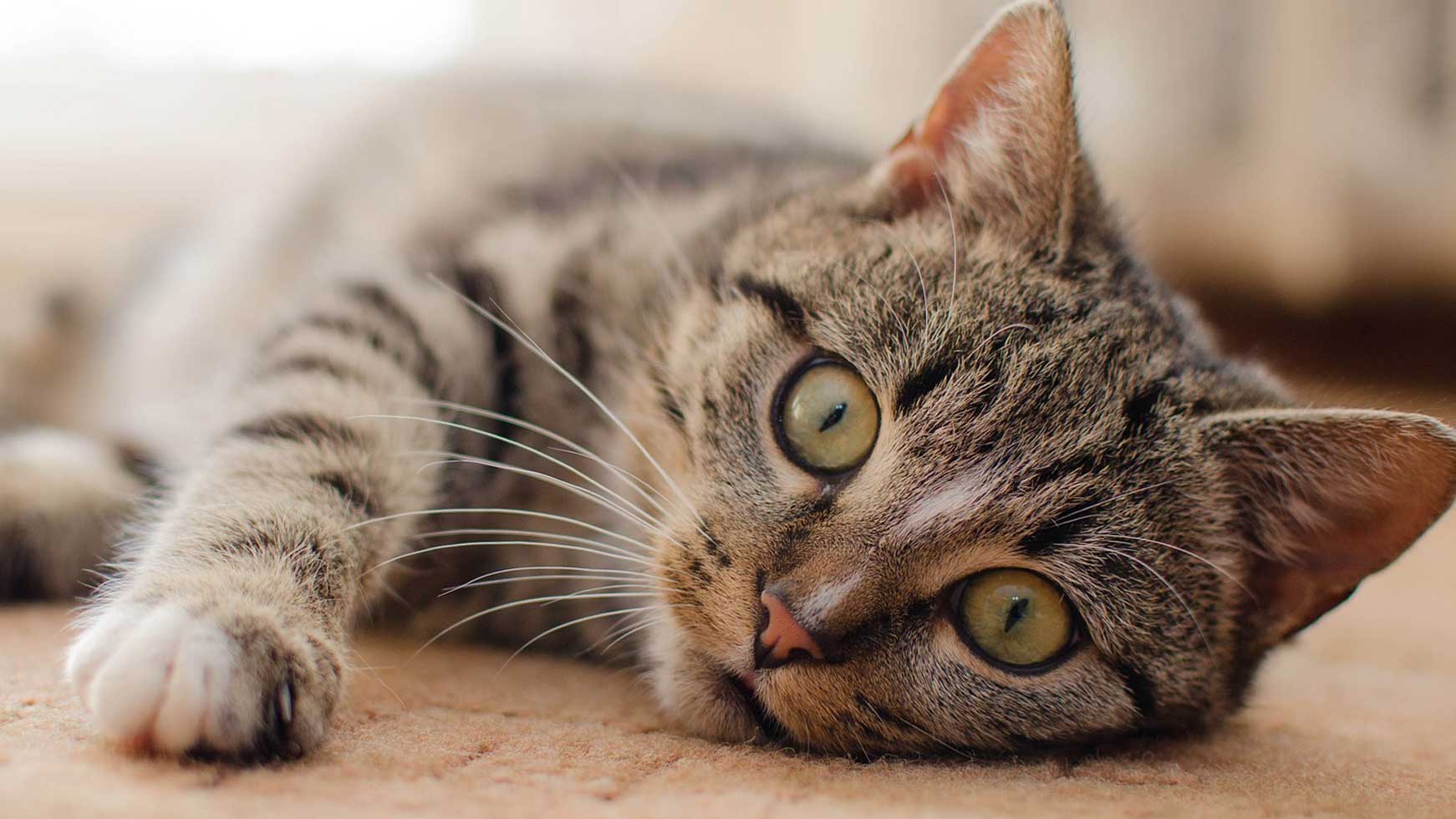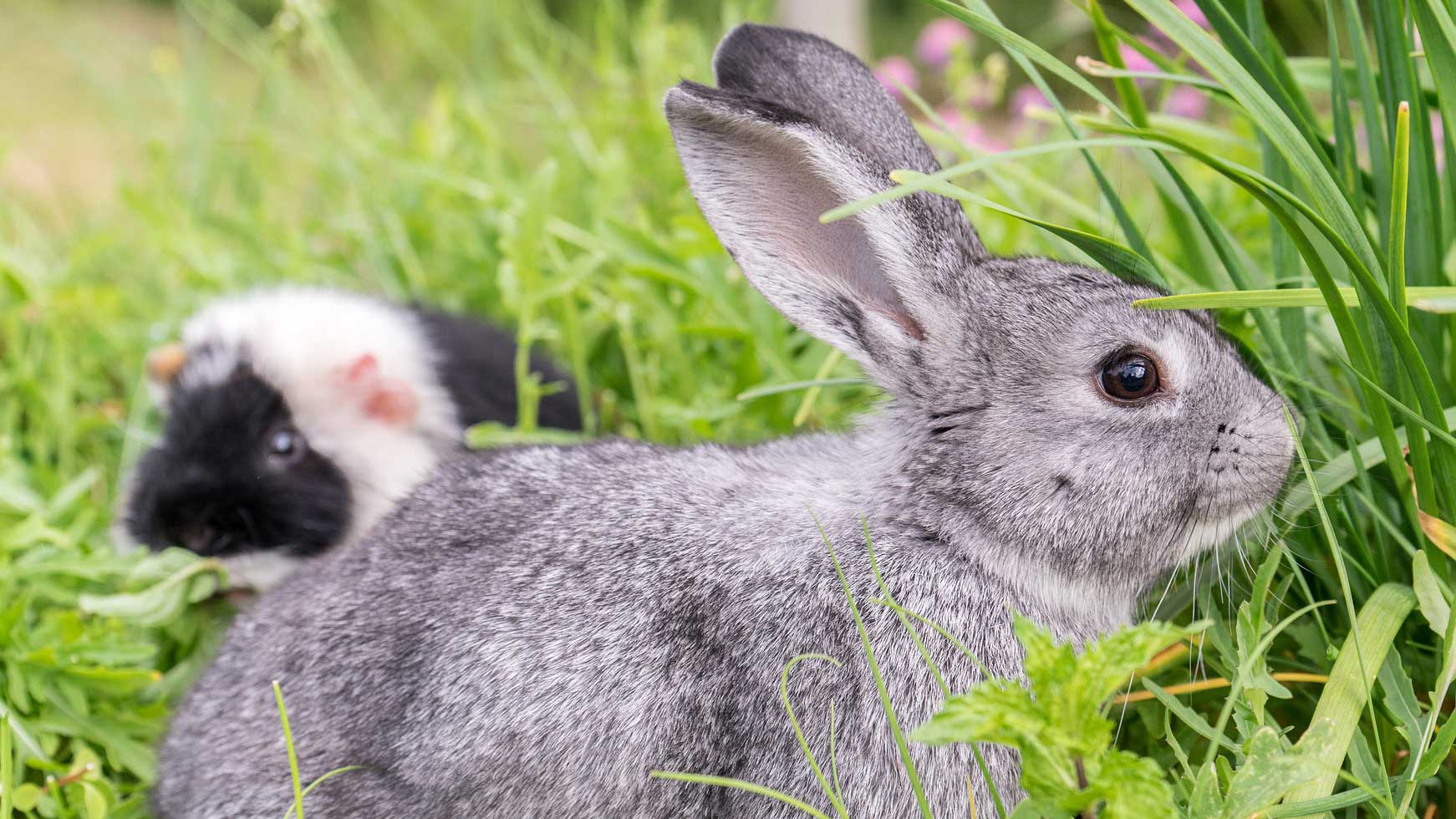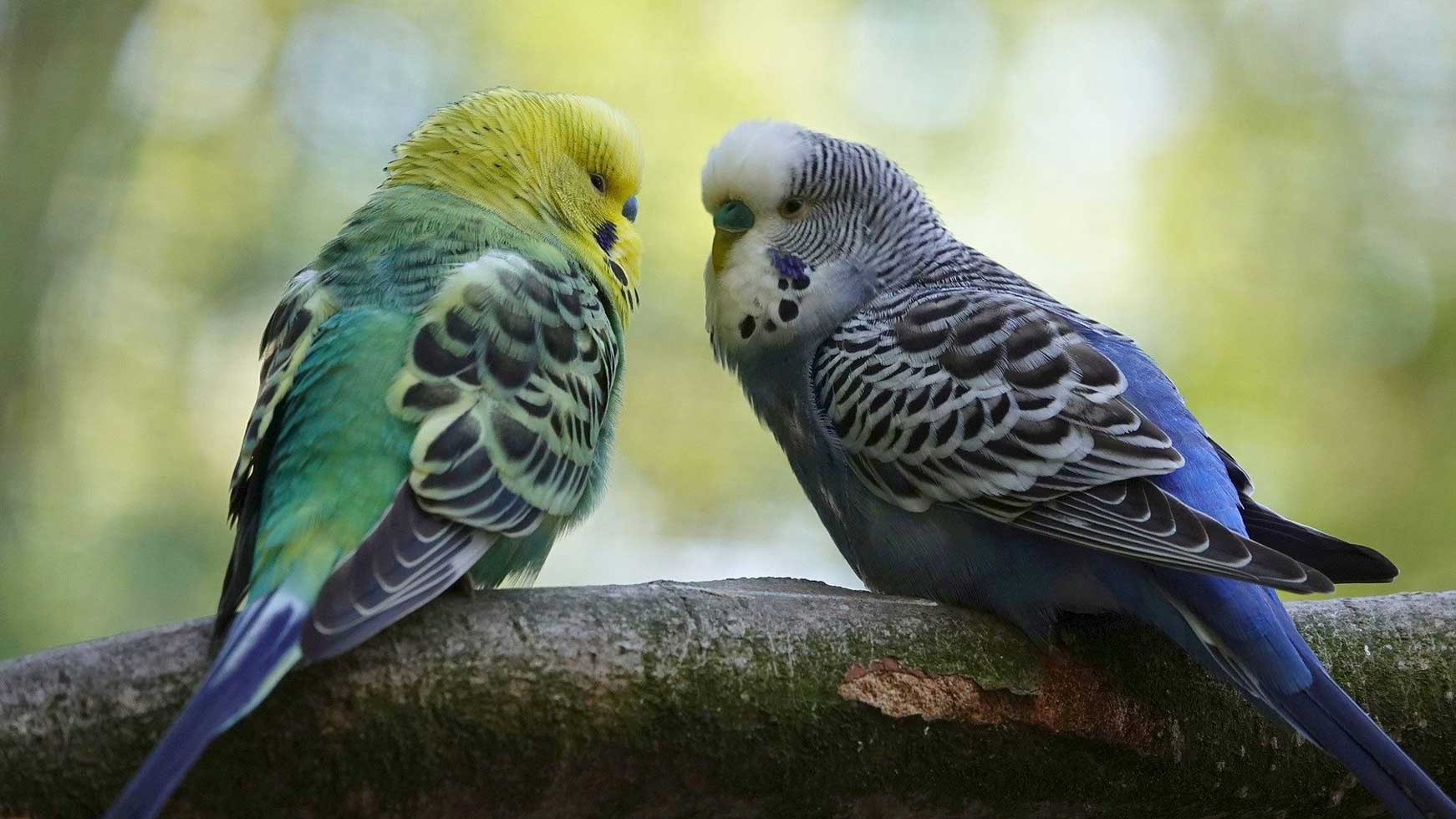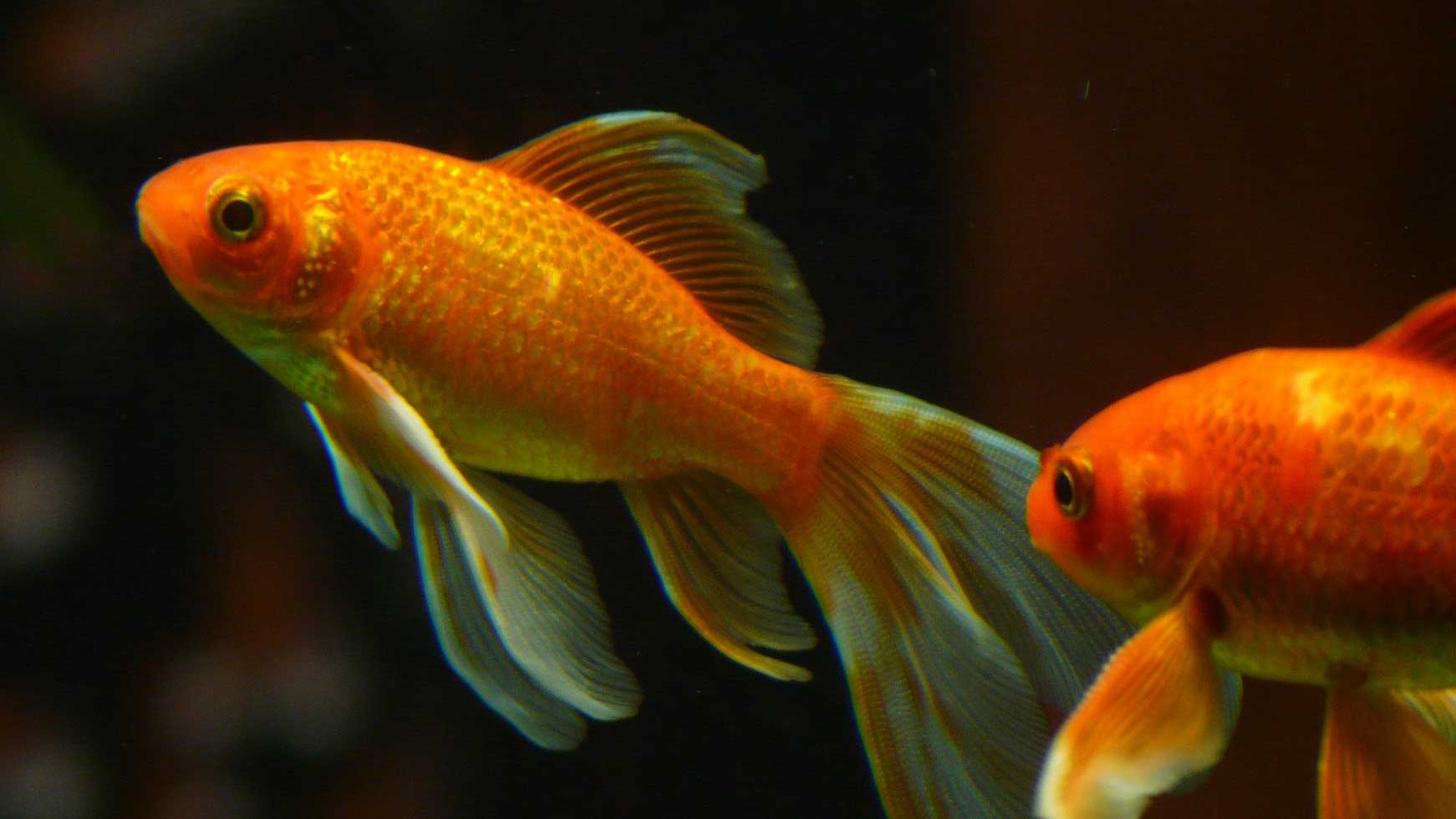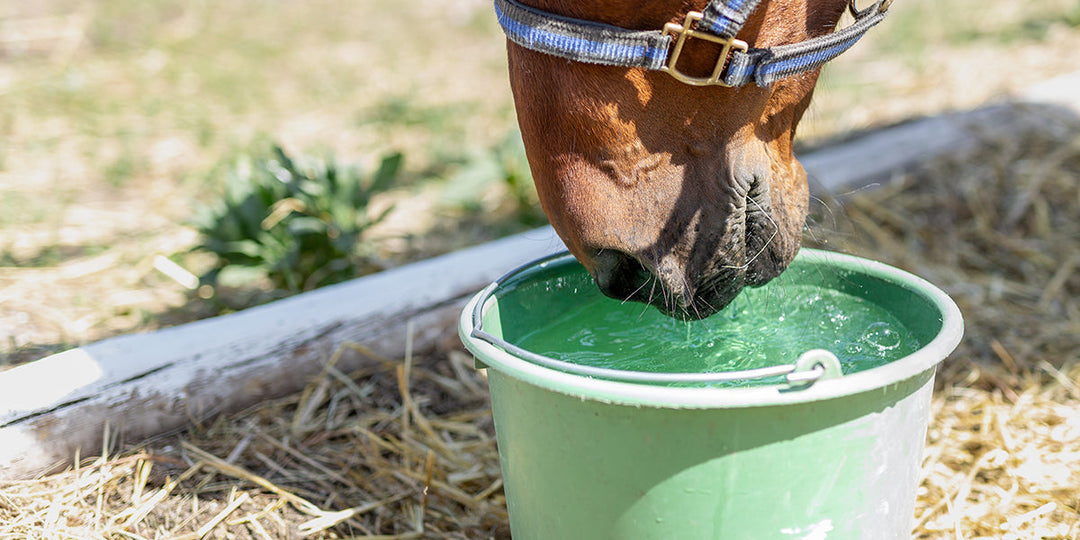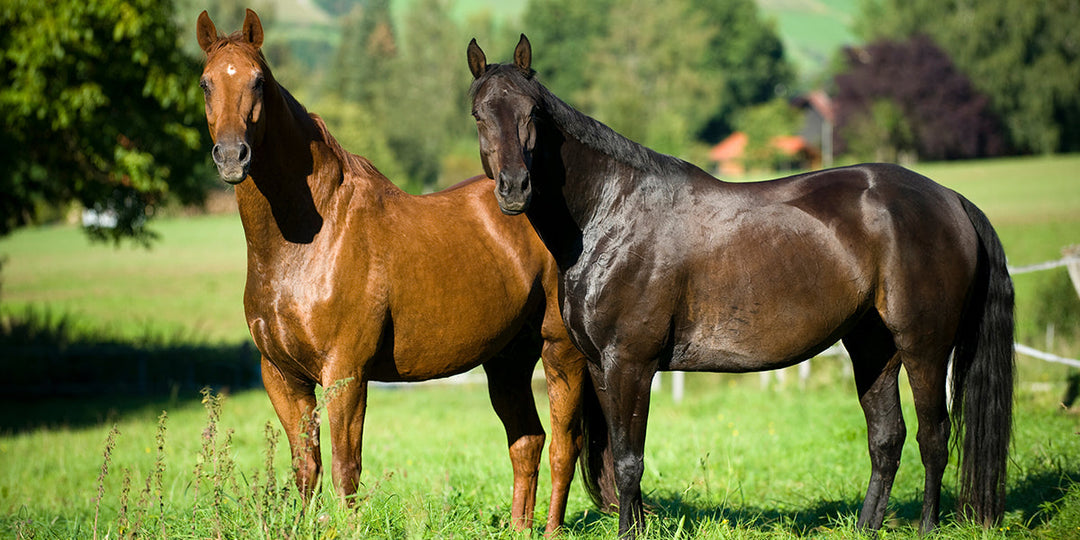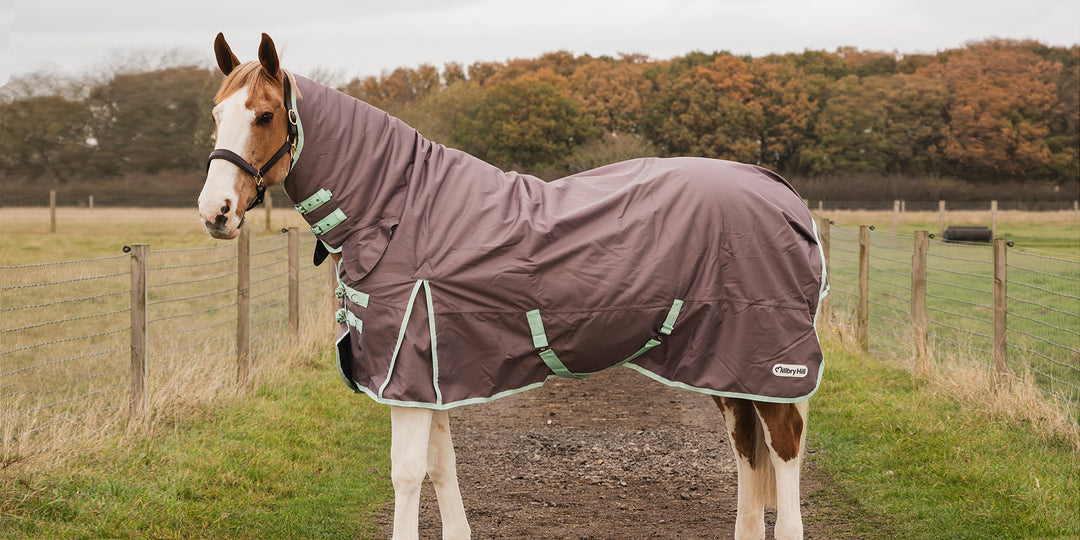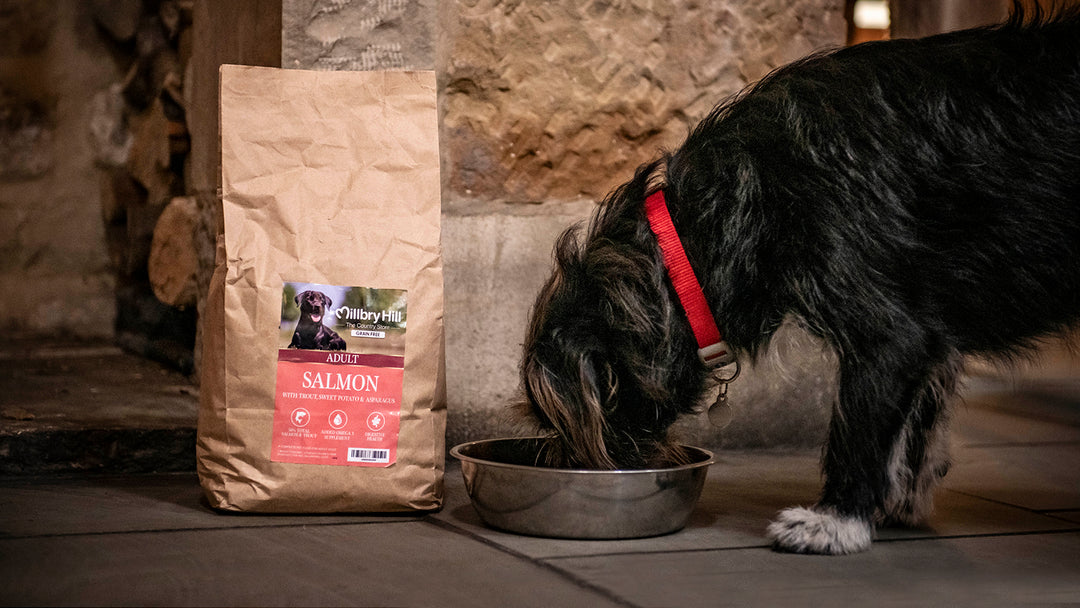Nutritional information on feeding, housing and entertaining your small animal's ...

...Chinchilla...
What to feed a Chinchilla ......
These lovely little creatures have sensitive stomachs and need a very specific diet in order to remain healthy. ... ... Chinchillas should always have access to clean and fresh water and it should be changed daily. ... ... Treats for your Chinchilla......
Chinchillas love treats, who doesn't?! Just make sure they are given sparingly. Treats should always be given by hand and never placed in the food bowl. This is because they are selective and fussy eaters and will pick out the treats and ignore the rest of the food in the hopes of more treats. Chinchillas enjoy dried fruit, nuts and seeds, especially dried fruit like peaches, cranberries, bananas, and apples, and they also love sunflower seeds and unsalted nuts. Less fattening treats include leafy greens and root vegetables like carrots. Chinchillas need to have sand baths often, in order to keep their coats in tip top condition, we stock sand and baths to help with this. They are also playful little creatures and will play with Chinchilla safe toys. Wooden toys make a great addition to your chinchillas home so they can gnaw, as do natural woven balls. ... Foods to avoid ...... As they are herbivores, they eat strictly a vegetarian diet. They mustn't be fed anything that contains any animal produce, such as meat and dairy. Chocolate is also included in this. Anything that contains animal produce and cause severe effects on the digestive system, even death. When offering fruit, avoid any acidic fruits like grapefruit, lemons/limes and tomato's as their digestive tracks cannot handle an acidic diet. ... Any produce that contains a high water content, like melon for example can cause diarrhoea and vegetable such as corn can lead to deadly bloat and should also be avoided. ... |
|
... Ferret...
...
What to feed a Ferret......
Ferrets are classed as obligate carnivores, meaning their diet needs meat for them to stay as healthy as possible. A ferret needs to eat every few hours as their metabolism turns their food into energy very quickly due to their short stomach. ... Many pet food brands sell Ferret Nuggets, which we also sell here at Millbry Hill. These nuggets contain all of the meat content and nutrients that your ferret will need to ensure they live a long and healthy life. Ensuring that your ferret has clean and fresh water on a daily basis is essential. They will happily drink from either a bowl or a plastic bottle with a metal spout. ... If you wish to feed a raw diet, you must bare in mind that you will need to feed small, whole prey items so that they can eat the whole animal, organs and bones included. This enables them to get all the essentials they will need in their diet. .. Treats for your Ferret.......
Try offering your ferret boiled eggs and cooked chicken as occasional treats, they will be a firm favourite. Another popular option is to use a Kong and fill it with your ferrets favourite food items such as meat, egg yolk and nuggets. However, with ferrets having powerful jaws, this option for enrichment should only be used under supervision. Ferrets are playful and inquisitive animals and will thoroughly enjoy a play session with little cat toys or exploring in a tube. We have lots of great toys that would be perfect. ... Foods to avoid ...... Ferrets are unable to digest carbohydrates that are found in starchy foods. So, avoid produce such as bread, pasta, rice and potato's. They are also unable to digest any dairy products, so avoid dairy products like milk and cheese. ... |
|
... Guinea Pig...  ... What to feed a Guinea Pig......
Guinea pigs are herbivores and require a diet that consists of Hay, Grass and Pellets that contain the essential Vitamin C they need to stay healthy. Its essential that they have access to roughage, such as grass and hay as they require this to help their digestive track and also to keep their teeth down to a safe level. ... Feeding fresh and washed greens and weeds daily, they particularly enjoy kale and broccoli which help with their Vitamin C intake too. We stock a wide variety of popular pellets and mixes for Guinea Pigs, here at Millbry Hill. ... Treats for your Guinea Pig......
As a treat, Guinea Pigs love root vegetables, which should be fed in small portions. They are also partial to dried herbs and fruit, which we have a great range of, here at Millbry Hill. ... Foods to avoid ...... One of the most important things to avoid when feeding your piggy is lawnmower clippings. This can make your furry friend extremely poorly as it will upset their digestive track. Any citrus fruits should be avoided and ensure that if your Guinea Pig is roaming that garden that you do not have any plants that are toxic to them, as there is quite a few. ... |
|
... Rabbit...
... What to feed a Rabbit......
Rabbits have pretty identical feeding patterns to Guinea Pigs. They require a daily diet of a good quality hay and/or grass. Hay should always be available throughout the day as its essential for the rabbits digestive track and teeth. ... A good quality rabbit pellet or nugget can also be fed as they contain vitamins and minerals that your rabbit will require daily and are also excellent for gnawing on. Always ensure that your bunny has access to clean, fresh water on a daily basis and always check their water twice in colder months to ensure it hasn't frozen if your rabbit lives outdoors. ... Treats for your Rabbit......
Try and keep your rabbits treats free from bulky cereals and muesli as there is healthier alternatives. Rabbits enjoy small quantities of dried fruits, herbs and fresh, green vegetables. Root vegetables should only be given as a treat in small quantities as they aren't something your rabbit would naturally forage and are high in sugars. ... Foods to avoid ...... It is best to avoid fresh fruit and produce such as lettuce that contains a lot of water. Your rabbit will not gain any nutrients from this and it will likely cause your rabbit to get the runs. As above with Guinea Pigs, avoid lawnmower clippings. This can make your bunny extremely poorly as it will upset their digestive track. Garden plants should also be checked if your rabbit gets a free run of the garden to ensure they aren't toxic. ... |
|
... Hamster...
... What to feed a Hamster......
A hamsters diet consists mainly of seeds, cereals and insects. To ensure they are getting everything they require in their diet, you should choose a great quality and complete mix and add additional dried mealworms or insects. ... Treats for your Hamster......
Hamsters are partial to fresh fruit, greens and root vegetables, which should be given in small quantities. These make excellent treats. ... Foods to avoid ...... Don't give them grapes or rhubarb, as these can be poisonous to rodents. ... |




